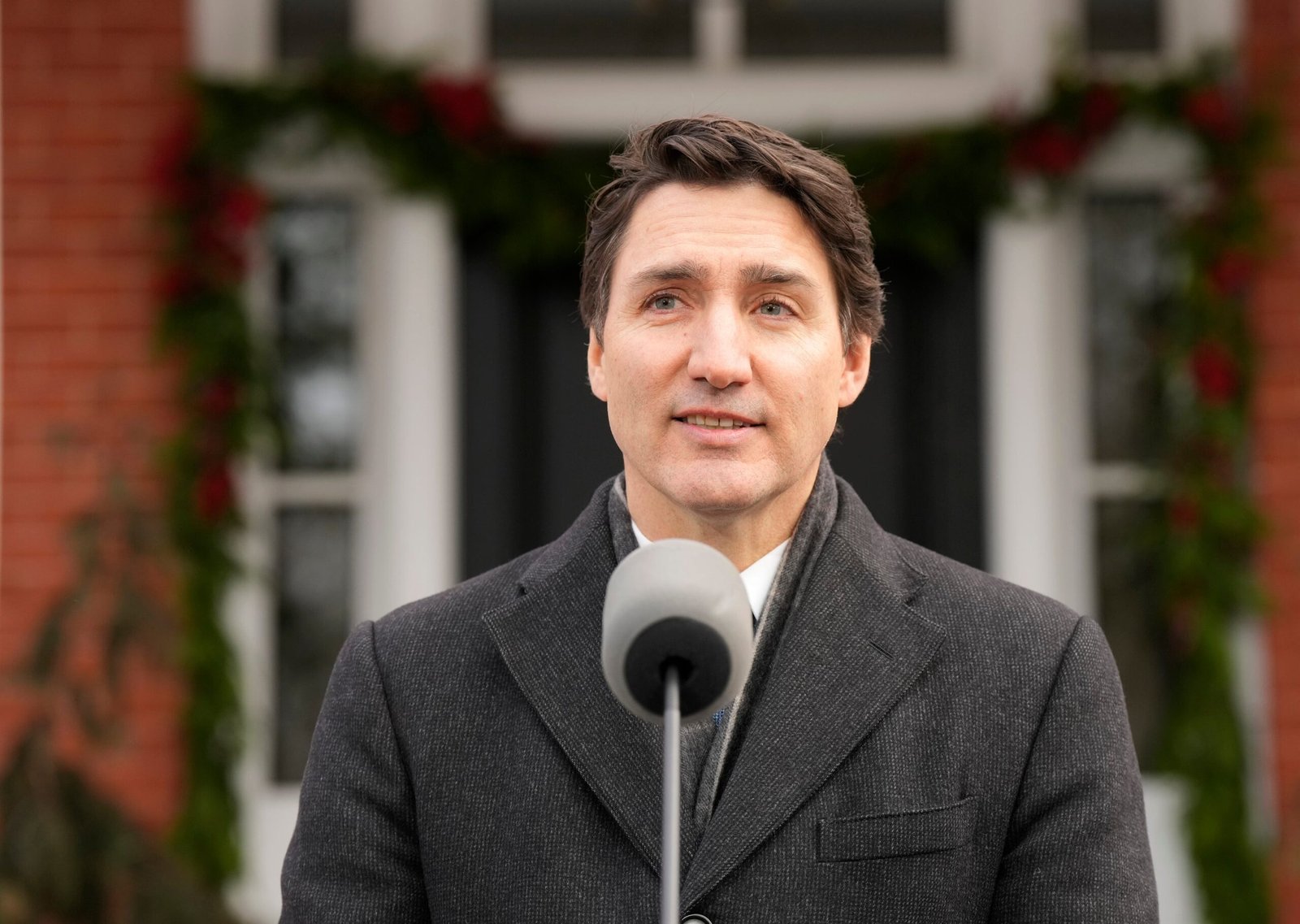Canadian Prime Minister Justin Trudeau has announced his resignation, signaling a significant shift in the nation’s political landscape. Trudeau will remain in office until the Liberal Party selects a new leader, ensuring continuity during the transition period.
Implications for the Liberal Party
The Liberal Party now faces the task of organizing a leadership race to determine Trudeau’s successor. Potential candidates include Deputy Prime Minister Chrystia Freeland and former Bank of Canada Governor Mark Carney. The selection process will be crucial in shaping the party’s future direction and policies.
Parliamentary Dynamics
Trudeau’s resignation reduces the Liberal Party’s seats in the House of Commons, potentially impacting parliamentary proceedings. Opposition parties may leverage this change to challenge the government’s agenda, leading to increased political maneuvering.
Upcoming Federal Election
Canada is scheduled to hold a federal election in October 2025. The new Liberal leader will need to consolidate party support and present a compelling vision to the electorate. Trudeau’s departure introduces uncertainties that could influence voter sentiment and party strategies.
International Relations
Trudeau’s resignation may affect Canada’s foreign policy, particularly its relations with countries like India. The incoming leadership will have the opportunity to reassess diplomatic approaches and address existing tensions, potentially reshaping international partnerships.
Economic Considerations
During the interim period, Trudeau will continue to lead Canada’s response to economic challenges, including proposed tariffs by the incoming U.S. administration. The transition in leadership comes at a critical time, requiring careful management to maintain economic stability.











